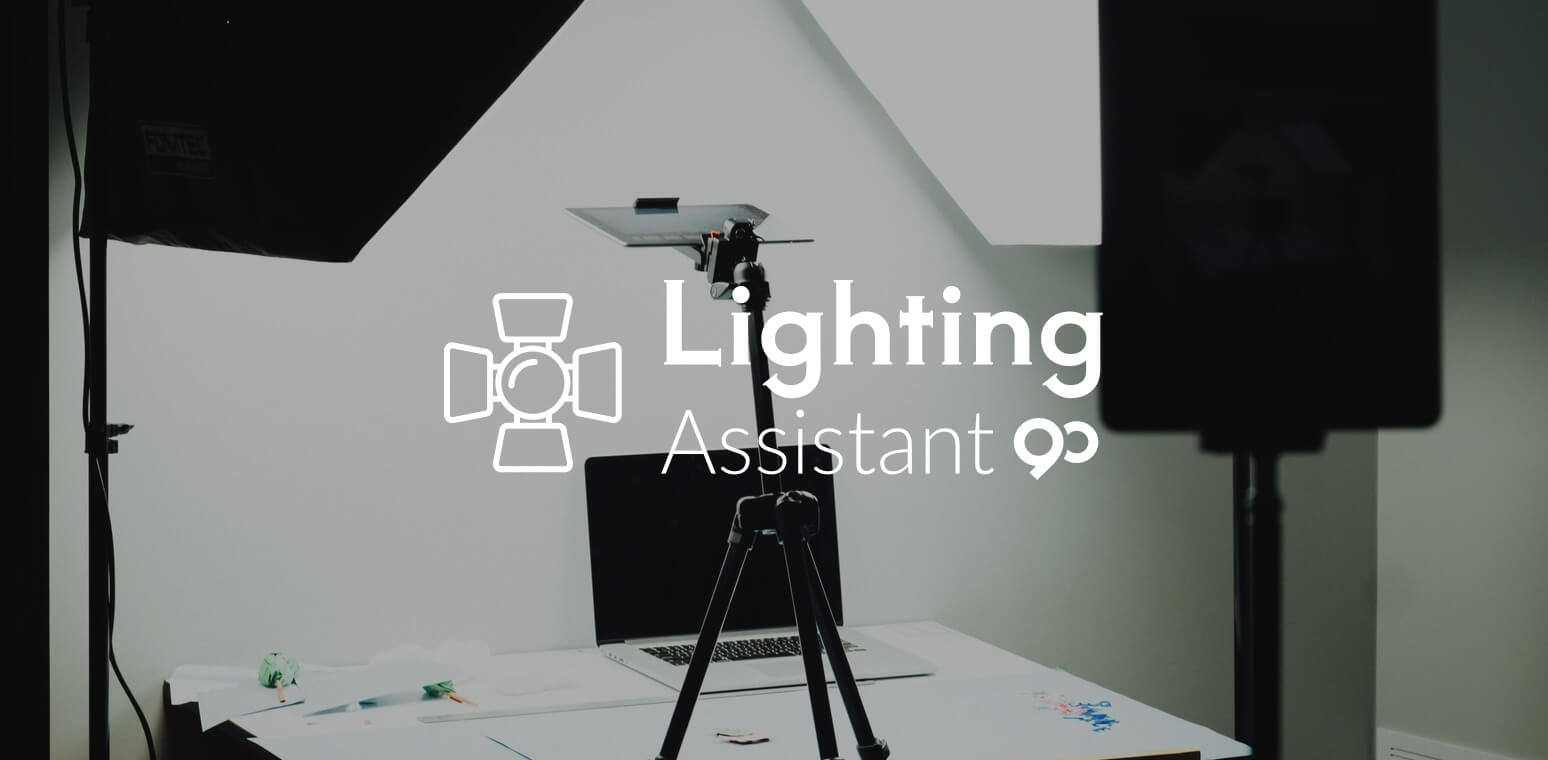Hi,
Get in touch with us today to chat about your next project.

A lighting assistant or technician is the individual who controls the lighting and visual effects seen in live events such as music concerts, theatres, corporate events, and in film as well as TV work.
He or she is responsible for all the production’s electrical systems and effects including hanging lights, rigging lights, loading, unloading and moving lighting equipment, special effects lighting, and generally ensuring that all lighting gear is fully functional.
A freelance lighting assistant is contracted on a temporary basis to take on different jobs within a lighting crew.
A degree is not necessarily important for you to get into this line of work. It is a plus to have one in a field related to the position, but it isn’t necessary to have one.
With a degree in a subject such as lighting design, lighting technology or electrical engineering, your chances of smoothly fitting into this role are high.
You can opt to undertake a related vocational qualification and training course such as an NVQ in film and television lighting. This is a great way to sharpen your technical skills.
However, the best way to get into the role is by gaining relevant experience through getting involved with theatre and film productions at school or even church, before moving to the professional scene.
Have a good knowledge of electrical systems, lighting effects and electronics. As a lighting assistant, you will be handling a lot of electrical systems associated with lighting and their accessories. With the basics, becoming a freelance lighting assistant will only be a matter of practice makes perfect.
You need to know how to work as part of a team, as well as how to work with minimal or no supervision. In most cases, you will be working in teams and will often meet new faces and situations as a freelancer.
You need to have a creative flair, have an interest in the entertainment industry, possess good communication and practical skills, and be a problem-solver.
As a freelance lighting technician, you can also learn about other related job roles such as Console Operator, Genny Operator and Moving Light Operator.
In film or TV, you can expect to be promoted to an electrician, then to best boy (senior electrician), and eventually gaffer (chief electrician).
You can also diversify your position and learn about camera work. This way, you could become a lighting director or director of photography someday. You could also become a lighting designer or technical stage manager.